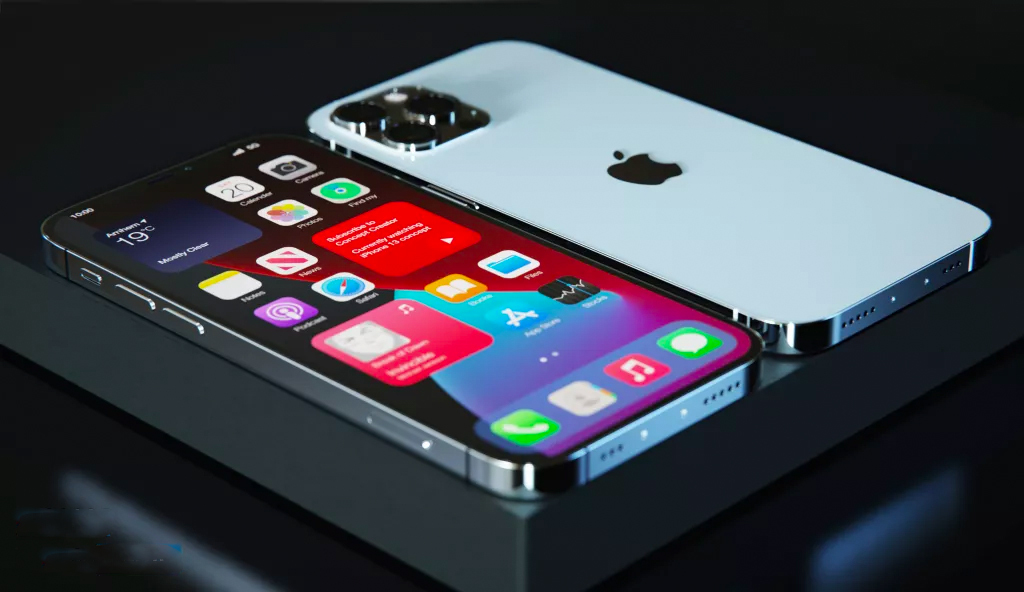iPhone 13 A15 chip entering production in May — but iPhone 14 sounds even better
The iPhone 13 chipset is reportedly entering production in May, but something bigger is coming next year

The iPhone 13's chip is about to start production, but you may want to hold off on buying an iPhone this year if you want game-changing efficiency.
Apple's A15 chip for the iPhone 13 is going into production in less than two months' time, according to a Digitimes report. However, there reportedly won't be any substantial changes from the existing A14 chip, since the big development for Apple's chipsets are tipped for next year.
- The best phones right now
- Plus: iOS 15 just revealed in Apple’s code
As Digitimes reports, the A15 chip will begin production in May, which gives plenty of time for Apple to prepare the iPhone 13 for its expected September launch date. Chipmaker TSMC will be the one building it, continuing its long partnership with Apple.
What's more exciting, though, is news of the upcoming 4-nanometer (4nm) chips that TSMC is looking to start making at the end of the year. This is a step smaller than the current 5nm A14 and the upcoming A15, which means Apple will be able to pack in even more transistors and likely offer better endurance.
Apple is getting the first batch of these new chips, according to Digitimes' source, but will use these for Mac devices rather than iPhones. This sounds like the successor to the Apple M1 chip used in the latest MacBook Air and 13-inch MacBook Pro, and could be used in the new iMac and the next 16-inch MacBook Pro. If Apple doesn't have the time to implement the chips into these rumored 2021 products, then it will likely slot the new silicon into its 2022 Mac devices.
If 4nm isn't small enough for your liking, TSMC is also preparing to manufacture 3nm chips. Those won't emerge until late 2022, though, with Apple and Intel in line to use them. Considering that Intel currently uses fairly old-fashioned 10nm chips, this will give the computers using them a huge performance and efficiency boost.
Apple's iPhones always beat Android phones on performance benchmarks thanks to their powerful A-series chips. There's little doubt in our mind that the A15 chip will keep Apple's position at the top of our best phones guide intact. But if you want an even more efficient chip and even more battery life, you may want to wait until the iPhone 14.
Sign up to get the BEST of Tom's Guide direct to your inbox.
Get instant access to breaking news, the hottest reviews, great deals and helpful tips.

Richard is based in London, covering news, reviews and how-tos for phones, tablets, gaming, and whatever else people need advice on. Following on from his MA in Magazine Journalism at the University of Sheffield, he's also written for WIRED U.K., The Register and Creative Bloq. When not at work, he's likely thinking about how to brew the perfect cup of specialty coffee.
